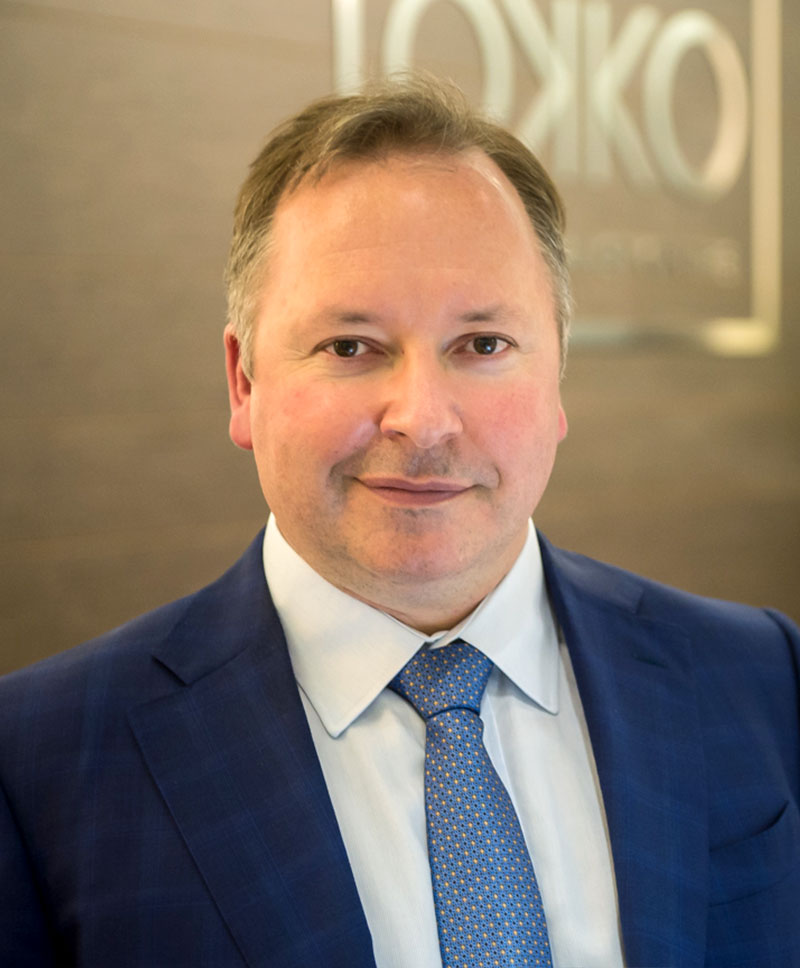
5 presbyopia/reading glasses myths debunked
As we age, it’s common for our vision to change. One of the most common changes is presbyopia, which is the loss of near vision due to age. Presbyopia occurs when the eye’s lens begins to harden and thicken with age. However, there are a lot of presbyopia and reading glasses myths online and offline that can cause people to worry unnecessarily.
If you’re starting to experience these changes in your vision, you’re not alone. You can rest assured presbyopia is a very normal part of ageing.
Here are 5 of the most common myths about presbyopia/reading glasses debunked.
Myth #1: Presbyopia means you’re going blind
This is perhaps the most widespread myth about presbyopia. The reality is that presbyopia has nothing to do with blindness. Presbyopia is a natural part of ageing and is completely normal. As mentioned, Presbyopia occurs when the lens of the eye hardens over time. If left untreated then it may turn into cataracts which can cause cloudy vision and eventually blindness – but this is exceedingly rare in developed countries where cataract surgery is widely available.
Myth #2: Wearing glasses will make my vision worse
This myth likely persists because people mistakenly believe that glasses weaken eyesight. However, this is not true. Glasses do not make your eyesight worse, they simply help you to see more clearly by correcting refractive errors.
Myth #3: Only old people get presbyopia
This myth is simply not true. Presbyopia occurs as a result of ageing, so it can affect people of any age who are over 40 years old. You’re not old at 40!
Myth #4: Presbyopia is caused by looking at screens all day long
While staring at screens all day long can cause eye strain, it’s not the cause of presbyopia. Presbyopia is caused by a loss of elasticity in the eye’s lens, which makes it difficult to focus on close objects.
Myth #5: There’s nothing I can do about presbyopia
There are several treatment options available for presbyopia, and the best option for you will depend on your individual needs and lifestyle. The only permanent option is lens replacement surgery. Lens replacement surgery involves removing your natural aged lens and replacing it with an artificial one called an intraocular lens. This is a permanent solution and eliminates the cause of presbyopia which in turn also eliminates the chances of developing cataracts.
If you’re 40+ and have started having trouble seeing things up close, there’s a good chance that you have presbyopia. However, there are a lot of myths about laser eye surgery, presbyopia and reading glasses that can cause confusion.
So if your vision isn’t what it used to be, call us or book an appointment to discuss the best way to improve your vision.
ARE YOU SUITABLE?
Check your laser eye surgery suitability online with our free LASIK self-test
OUR MOST POPULAR PROCEDURES

Hi, I’m Dr. Matthew Russell, a laser and cataract surgeon
HI I’M DR. MATTHEW RUSSELL A LASER EYE AND CATARACT SURGEON
With over 15 years of experience, I enjoy the privilege of helping patients of all ages reclaim clear vision or preserve it for as long as possible.
Vision correction and high-precision cataract surgery hinge on the expertise and skill set of the provider who also has access to the most precise tools for the job. Ophthalmic surgeons like me know how to make treatment safe, comfortable and positive for the patient. They know how to minimise the risk of complications and maximise successful outcomes.
I have a passion for helping my patients enjoy the clear, high-definition vision they need to live rich and active lives. Now, I have hand-picked a team of professionals that share my passion and commitment to exceptional care.
Dr. Matthew Russell
MBChB, FRANZCO





